Lord Ribeiro gave his presentation at COSM 2011.
TRIO Guest of Honor Shares Career Advice
Dr. Harold Pillsbury gave his presentation at COSM 2011.
TRIO President Discusses the Benefits of U.S. Scientific Research
Dr. Gerald Berke gave his presentation at COSM 2011.
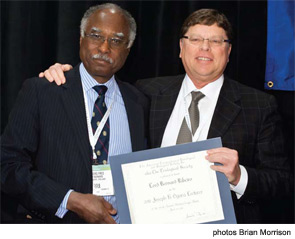
Training Trends: British surgeon offers cautionary tale about limit on trainee duty hours
New limits on doctors in training in the United Kingdom (U.K.) have drastically reduced the amount of training they receive and may put patients in peril, a renowned retired British surgeon told listeners here on April 29 at the Annual Meeting of the Triological Society, held as part of the Combined Otolaryngology Spring Meetings.
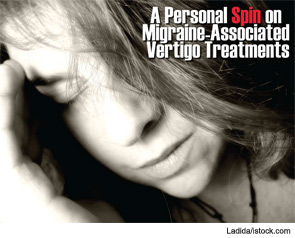
A Personal Spin on Migraine-Associated Vertigo Treatments: With few formal guidelines, otolaryngologists use trial and error
Physicians have noted the potential for dizziness in migraine patients since the 19th century. And yet the 21st century has so far failed to bring any unifying definition to a symptom that is frustratingly diffuse in its intensity and frequency and unclear in its origins.
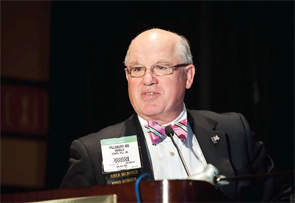
Words of Wisdom: Guest of Honor shares thoughts, lessons
Harold Pillsbury, MD, chair of otolaryngology-head and neck surgery at the University of North Carolina School of Medicine in Chapel Hill, is known as one of the more colorful figures in his field, with a bright smile—usually accompanied by a bow tie—and a forthright demeanor.

Trio President Highlights Importance of Scientific Research: Offers inspiration of scientific research
Triological Society President Gerald Berke, MD, turned to the words of science greats in his President’s Address, delivering an inspirational talk on scientific research at the society’s Annual Meeting, held here on April 29 as part of the Combined Otolaryngology Spring Meetings.
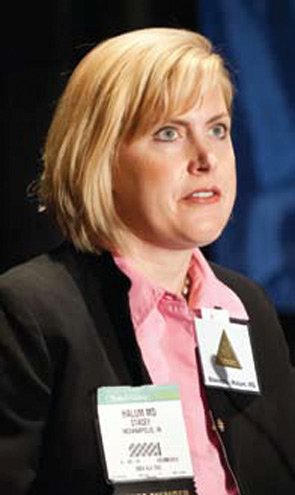
Neurotrophic Factors Aid Laryngeal Reinnervation: Rat study highlights potential new technique for nerve injury
Neurotrophic factors can be introduced using stem cells and, along with the plant alkaloid vincristine, can be used to selectively reinnervate the larynx in rat models, a researcher from Indiana University said here on April 29 at the Annual Meeting of the Triological Society, held as part of the Combined Otolaryngology Spring Meetings.

E(N)Tymologies:Explanations for some of the most commonly used medical terms
Ever wonder where some of the medical terms you use every day come from? Here’s a brief history.
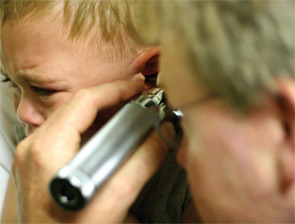
Change of Course?: Studies point to antibiotics as optimal treatment for otitis media
The question of how soon to give antibiotics to children with acute otitis media (AOM) is receiving renewed attention with the publication of two studies that show the benefit of immediate treatment over the “wait-and-see” approach recommended in the 2004 guidelines of the American Academy of Pediatrics and the American Academy of Family Physicians (AAP/AAFP).
- « Previous Page
- 1
- …
- 11
- 12
- 13
- 14
- 15
- …
- 35
- Next Page »